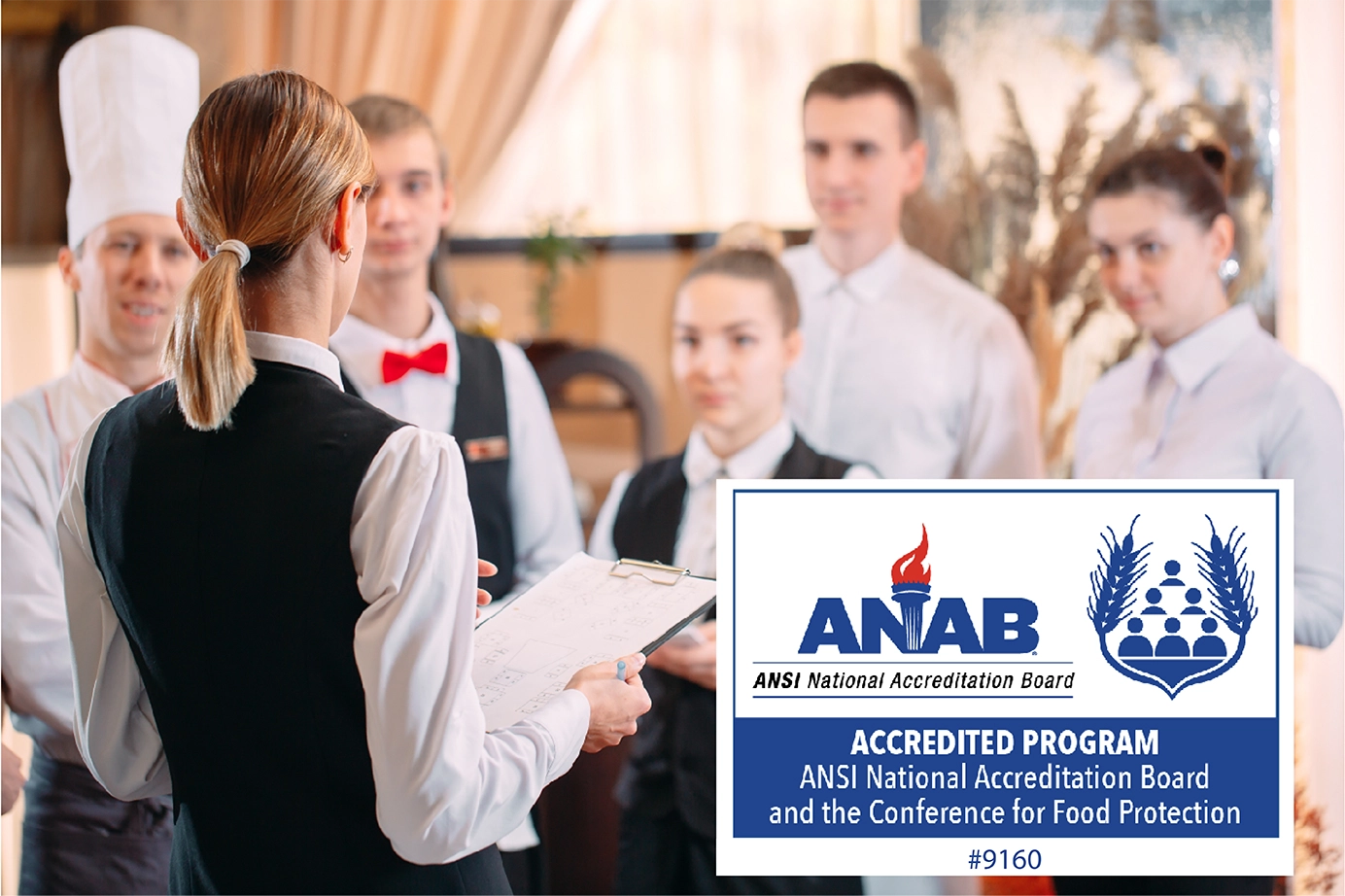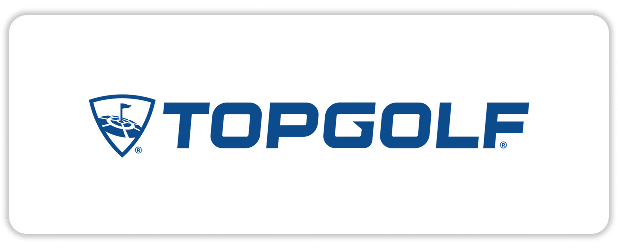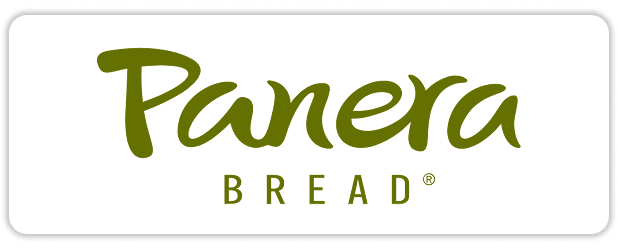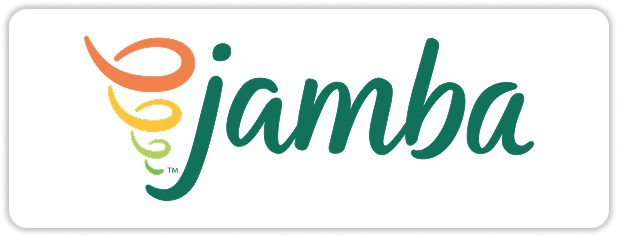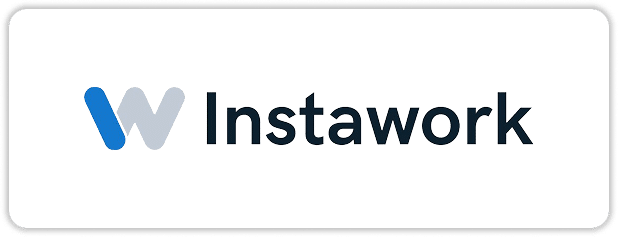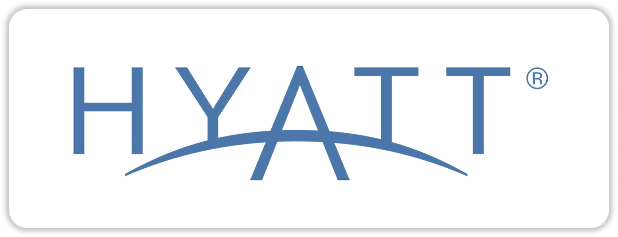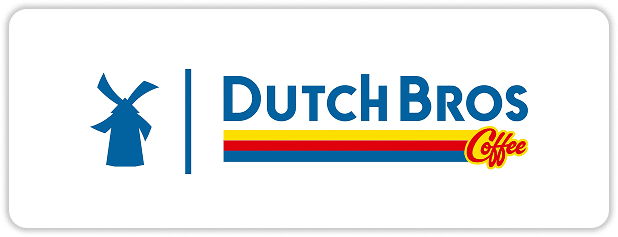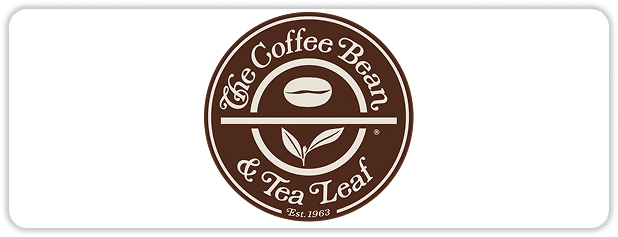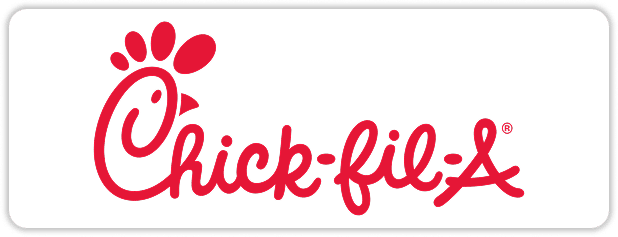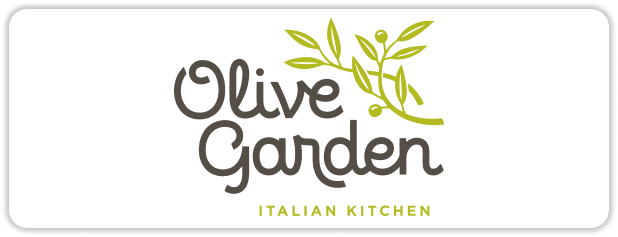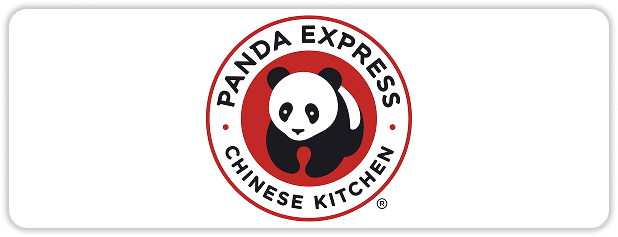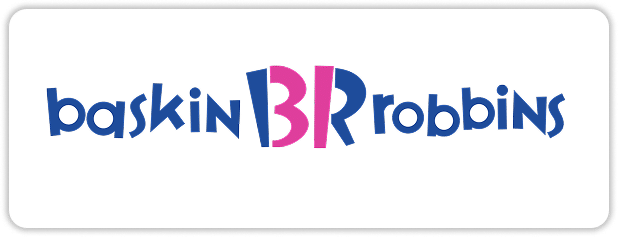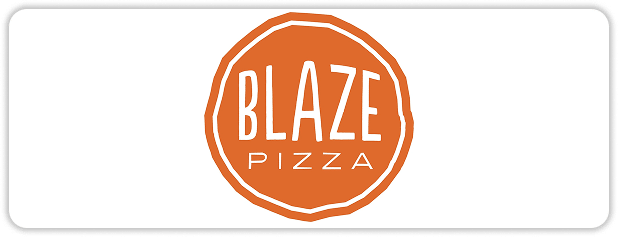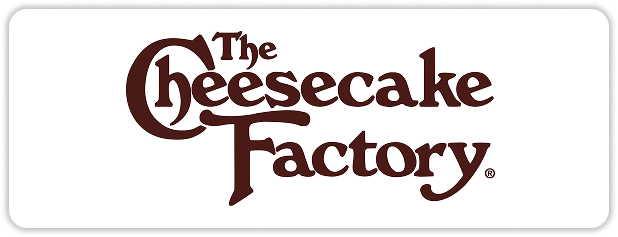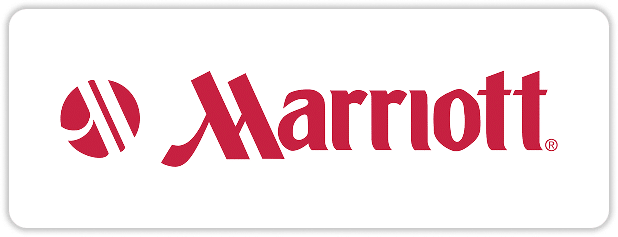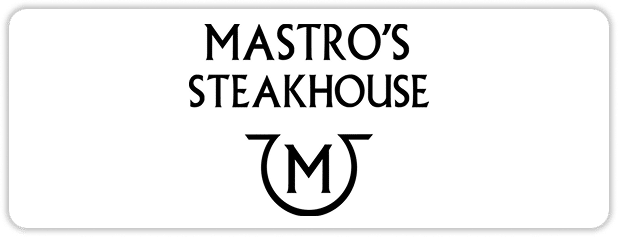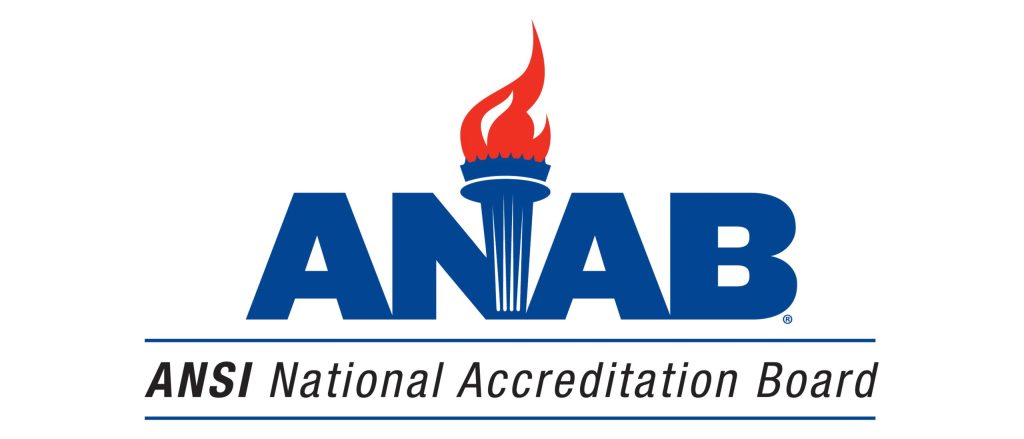
What Is the ANSI National Accreditation Board (ANAB)?
The ANSI National Accreditation Board (ANAB) is a globally respected authority responsible for accrediting certification, inspection, and testing organizations. Through rigorous evaluations, this accreditation board ensures that organizations meet internationally recognized standards of competence, impartiality, and operational excellence. Headquartered in Washington, D.C., it has accredited over 3,000 organizations in more than 80 countries, helping industries maintain trust, safety, and quality worldwide.
Today, accreditation is more important than ever. With industries growing rapidly and global trade expanding, having a trusted accreditation source ensures consistent standards, safeguards public interest, and strengthens international business relationships.
Why Choose an ANSI National Accreditation Board (ANAB) Accredited Certification?

Selecting a certification accredited through a recognized authority signals a commitment to quality at every operational level. Whether for food safety managers, healthcare administrators, environmental specialists, or manufacturing leaders, a certification accredited by a credible body demonstrates that a person or organization has been evaluated against rigorous global benchmarks.
For instance, in the food service industry, having an accredited certification is critical. Accredited food safety managers help prevent foodborne illness outbreaks, ensure regulatory compliance, and protect customer health, which ultimately strengthens a restaurant’s reputation and long-term success.
Across sectors, choosing an accredited program offers long-term benefits in building credibility, reducing risk, and enhancing professional opportunities.
Standards That Support Accreditation Excellence
Organizations evaluated by an internationally recognized accreditation body must meet globally accepted frameworks such as ISO/IEC 17024 for personnel certification, ISO/IEC 17065 for product certification, and ISO/IEC 17025 for laboratory competence. These standards emphasize impartiality, technical accuracy, and fair evaluation practices.
Accredited bodies undergo continuous monitoring and reassessment, ensuring that certifications remain reliable indicators of skill, safety, and quality over time. This consistency benefits industries by maintaining strong foundations for operational and regulatory success.
Following these standards also supports innovation, helping industries adopt new technologies and processes without compromising quality or public safety.
Industries That Depend on Accredited Certification
A wide range of sectors relies on accredited certifications to meet regulatory, operational, and consumer expectations:
- Healthcare: Hospitals and clinics require accredited certifications to qualify for public funding and meet licensing regulations.
- Food Safety: Restaurants and food service businesses must employ certified food managers to satisfy local and state health codes.
- Manufacturing: Companies seek certifications to improve quality control and expand into international trade.
- Environmental Services: Labs and consultants need accredited certifications to validate testing results and comply with regulatory standards.
- Cybersecurity: Certification is increasingly critical to verifying security practices and meeting data protection regulations.
Organizations that pursue high-quality accredited certifications demonstrate leadership, responsibility, and a commitment to excellence, setting themselves apart in increasingly regulated industries.
How Accreditation Simplifies Global Recognition?
Certifications accredited through recognized systems enjoy broad international acceptance. Thanks to agreements maintained by global organizations like the International Accreditation Forum (IAF) and the International Laboratory Accreditation Cooperation (ILAC), businesses and professionals holding these certifications face fewer barriers when operating across borders.
For multinational companies, accredited certifications simplify market entry, reduce redundant audits, and streamline regulatory approval processes. They enable companies to demonstrate credibility quickly to customers, suppliers, and regulators across diverse regions, fostering trust and accelerating growth.
Accreditation is not just about meeting national requirements—it’s a pathway to creating stronger, more sustainable global business opportunities.
Why Trust the ANSI National Accreditation Board (ANAB) and How AAA Food Handler Supports Your Journey?

A recognized national accreditation board remains a global symbol of trust, quality, and international recognition. Choosing an accredited certification reflects a serious commitment to meeting the highest standards, safeguarding public trust, and achieving long-term success.
For those seeking certification programs aligned with national and international food safety standards, AAA Food Handler offers trusted options designed to meet industry expectations. Whether you are advancing your career or enhancing your organization’s compliance credibility, working with accredited programs ensures a strong foundation for sustainable growth and professional excellence.
If you want to prepare foods that require refrigeration or temperature control—like cheesecakes, meats, dairy-based frostings, or salsas—you may need to apply for a commercial kitchen license or a home bakery license, depending on your state’s requirements.
Before scaling up, check with your state’s department of agriculture or local health department for specific licensing and inspection requirements.


